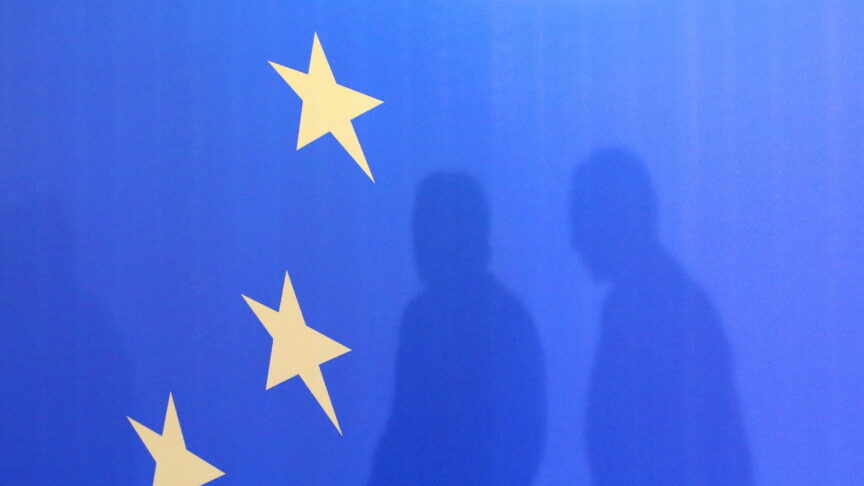
Rough seas: A scorecard of the EU’s last institutional cycle
As Brussels gears up for the next institutional cycle, it should first take stock of the last five years of EU foreign policy

As Brussels gears up for the next institutional cycle, it should first take stock of the last five years of EU foreign policy
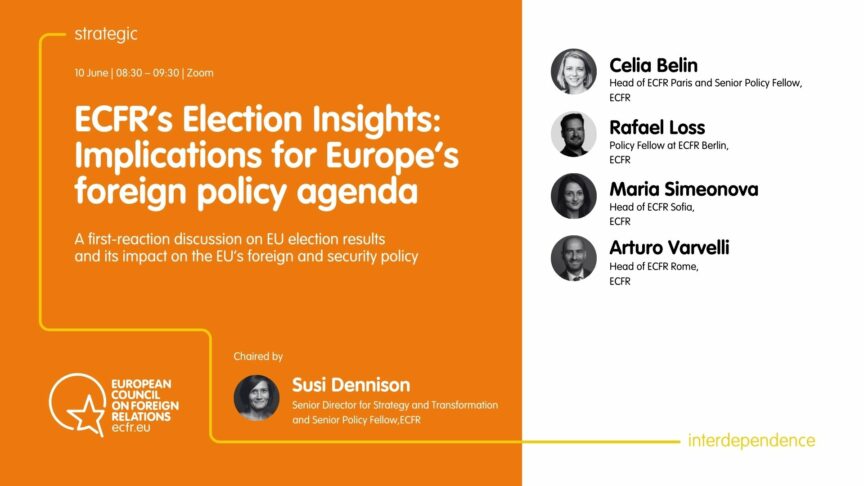
This webinar will provide a snapshot analysis of election results and their implications for Europe’s foreign policy and security agenda. Featuring perspectives from selected ECFR…
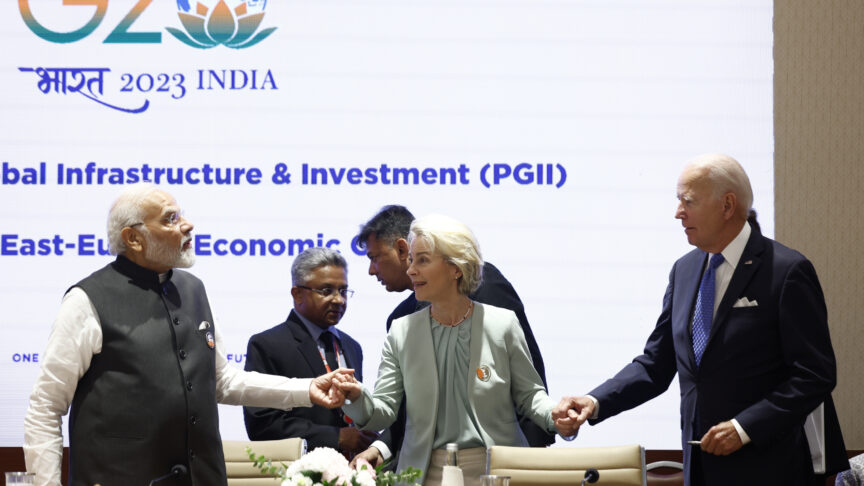
The India-Middle East-Europe economic corridor is alive, if not yet kicking. Europeans should use the hiatus in the corridor’s development to agree on the next steps, with a focus on reconciling the various goals of all its participants

That EU enlargement is a geopolitical imperative is no longer in doubt. But to make enlargement happen, the EU may need to decouple bilateral disputes from the accession process
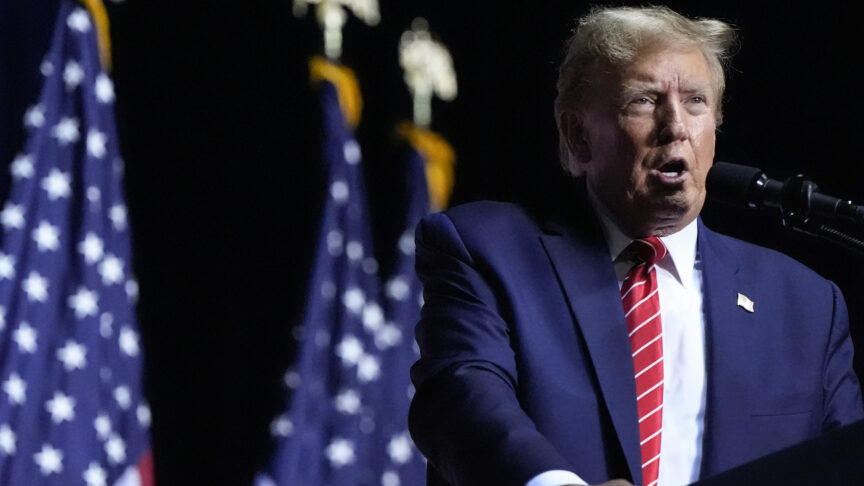
European countries have been slow to recognise the potential implications of Donald Trump returning to the White House in 2025. Over the next six months, they must figure out how to secure essential ammunition, bolster their defence funding, and sustain support for Ukraine in the absence of US aid
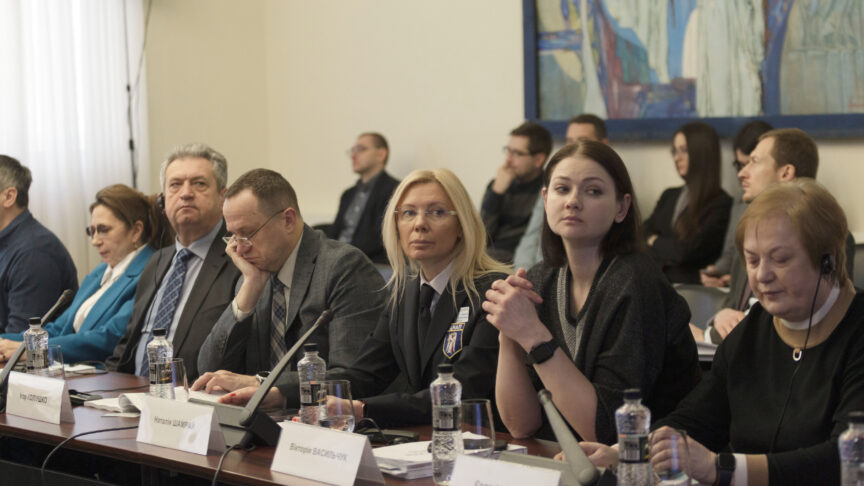
Away from Ukraine’s frontlines, its civil servants are leading the country towards EU membership – but huge reforms are needed if they are to be successful
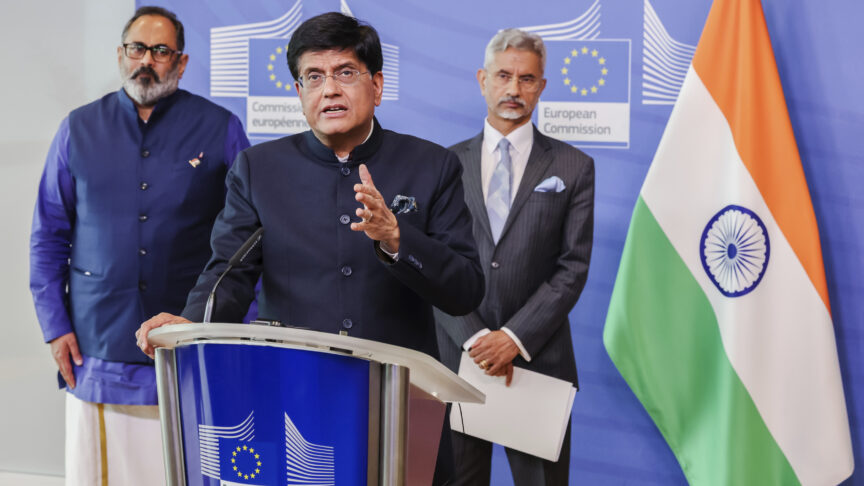
India’s tough stance at the World Trade Organisation’s ministerial conference in Abu Dhabi illustrates emerging economies’ rising resentment towards EU trade policies
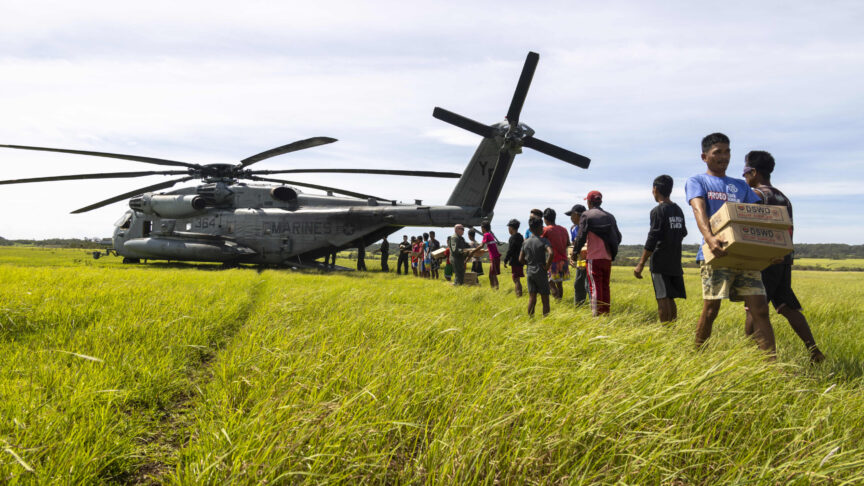
Disaster relief efforts in the Indo-Pacific are quickly becoming a space for geopolitical competition, especially between the US and China. Europeans should watch closely, working to showcase their own usefulness to the region while helping to reduce its dependencies on China
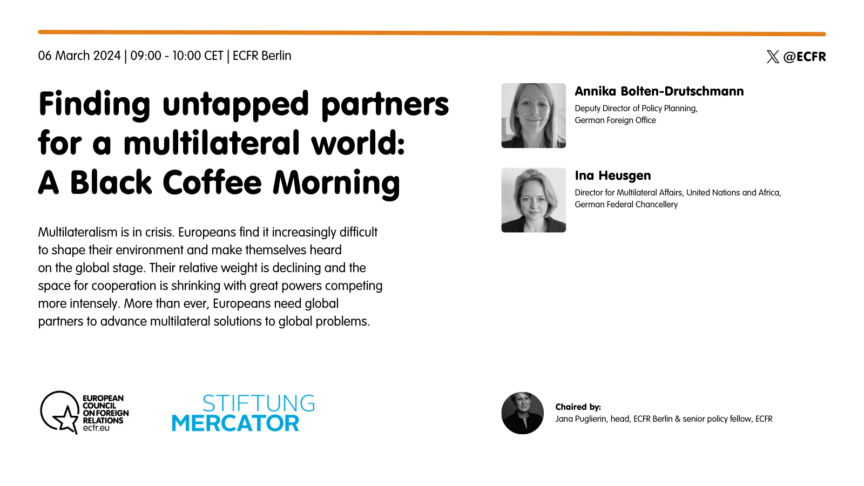
Multilateralism is in crisis. Europeans find it increasingly difficult to shape their environment and make themselves heard on the global stage. Their relative weight is…
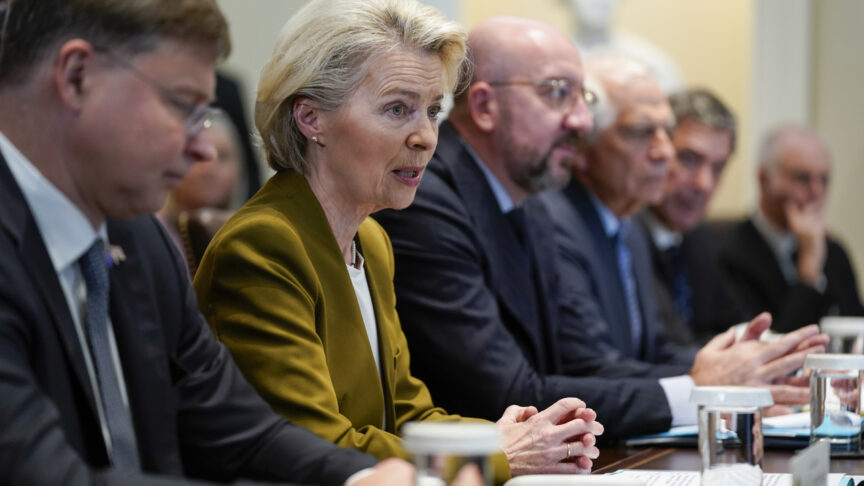
Europeans should take seriously the thinking of figures such as John Mearsheimer. If they are unable to answer his critiques, they might thereby prove his point

The India-Middle East-Europe economic corridor is alive, if not yet kicking. Europeans should use the hiatus in the corridor’s development to agree on the next steps, with a focus on reconciling the various goals of all its participants
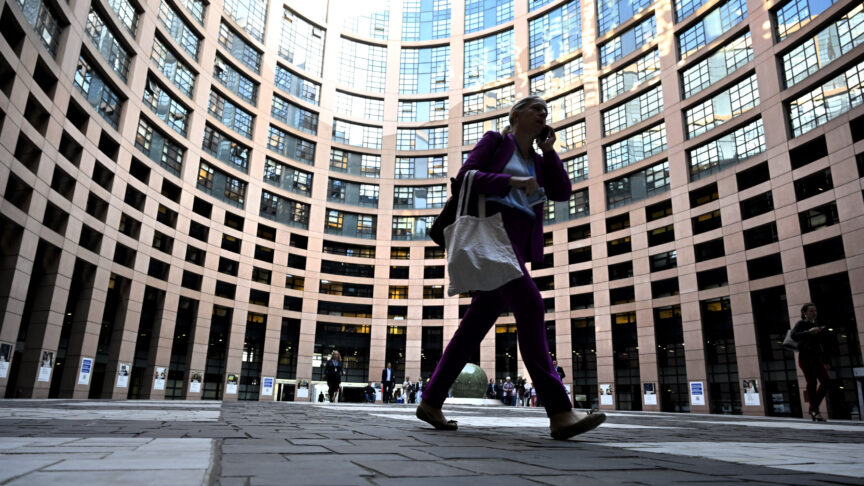
The 2024 European Parliament elections will see a shift to the right in many countries and could mean that a populist right coalition emerges with a majority for the first time
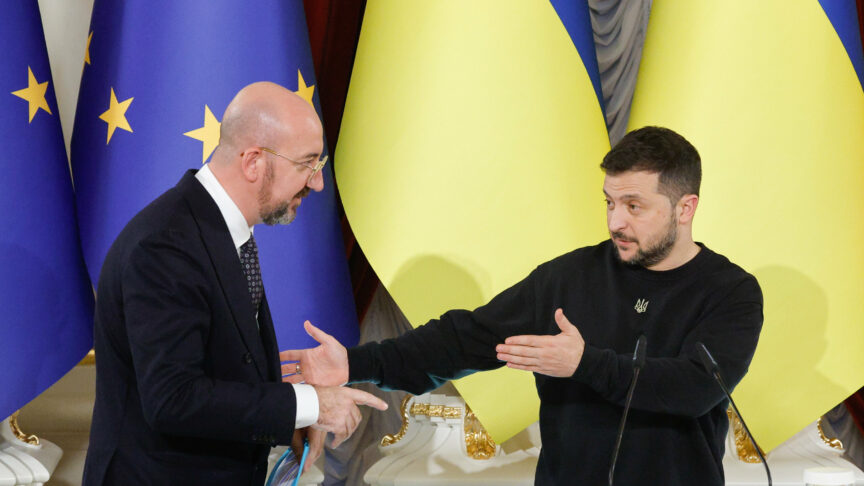
A new power audit of member states’ positions on EU enlargement shows broad agreement that it is a geopolitical necessity, but major disagreements about how to prepare the EU. To make credible progress, EU member states need to agree on a roadmap that addresses their conflicting concerns at the European Council meeting in December

As Brussels gears up for the next institutional cycle, it should first take stock of the last five years of EU foreign policy

That EU enlargement is a geopolitical imperative is no longer in doubt. But to make enlargement happen, the EU may need to decouple bilateral disputes from the accession process

European countries have been slow to recognise the potential implications of Donald Trump returning to the White House in 2025. Over the next six months, they must figure out how to secure essential ammunition, bolster their defence funding, and sustain support for Ukraine in the absence of US aid

Away from Ukraine’s frontlines, its civil servants are leading the country towards EU membership – but huge reforms are needed if they are to be successful

India’s tough stance at the World Trade Organisation’s ministerial conference in Abu Dhabi illustrates emerging economies’ rising resentment towards EU trade policies

Disaster relief efforts in the Indo-Pacific are quickly becoming a space for geopolitical competition, especially between the US and China. Europeans should watch closely, working to showcase their own usefulness to the region while helping to reduce its dependencies on China

Europeans should take seriously the thinking of figures such as John Mearsheimer. If they are unable to answer his critiques, they might thereby prove his point
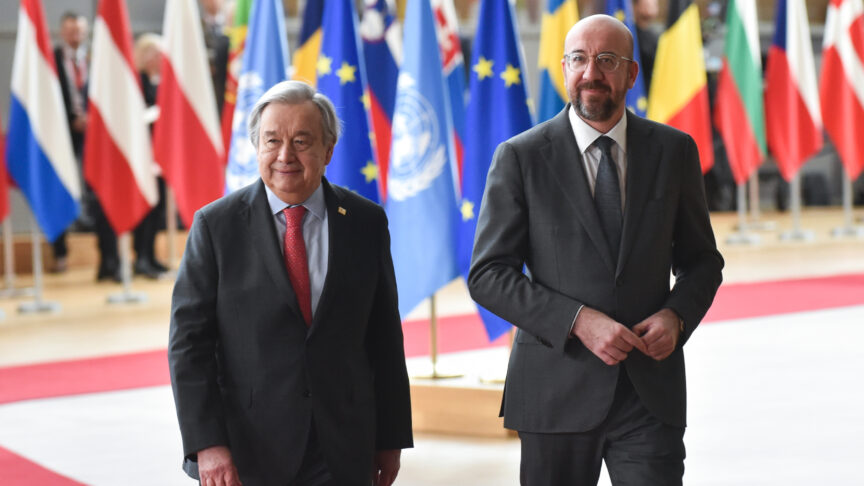
Russia’s war on Ukraine has exposed the weaknesses of the already creaking multilateral system. Europeans need to accept the radical changes that are under way and adapt their approach to international cooperation
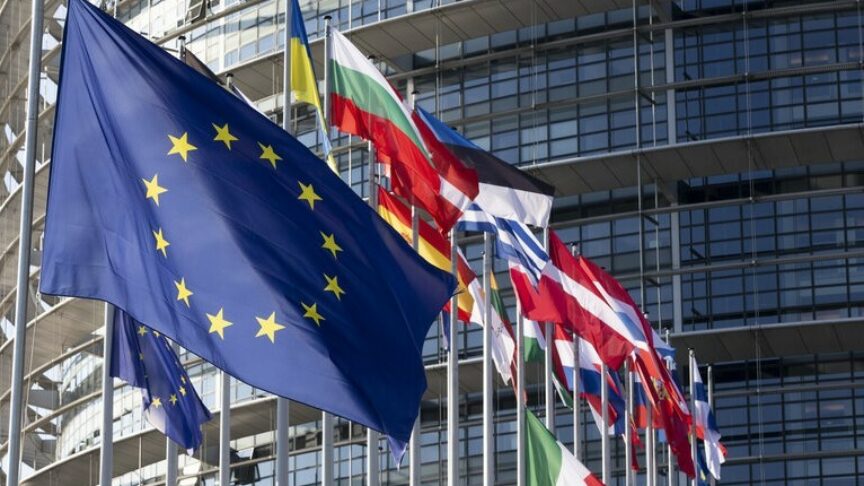
It is time for the EU to burnish its foreign policy credentials by setting out concrete plans for the next round of enlargement
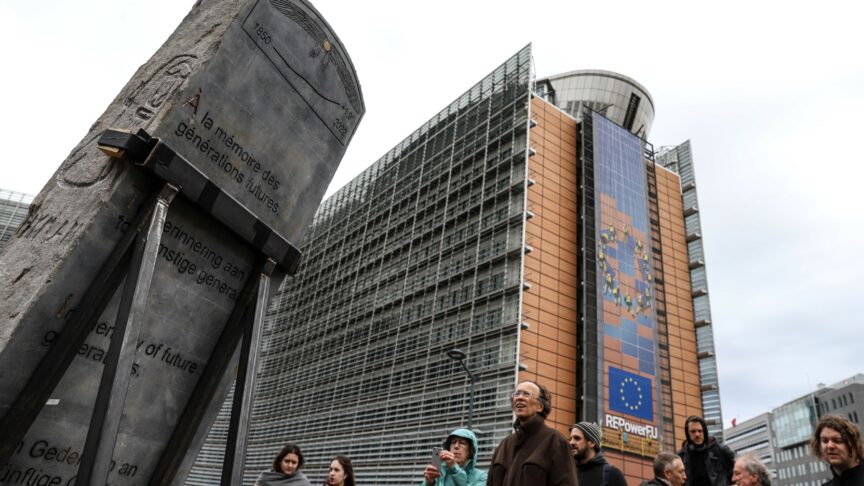
If Europeans pull back on their climate obligations, they will endanger both their green agenda and their competitiveness
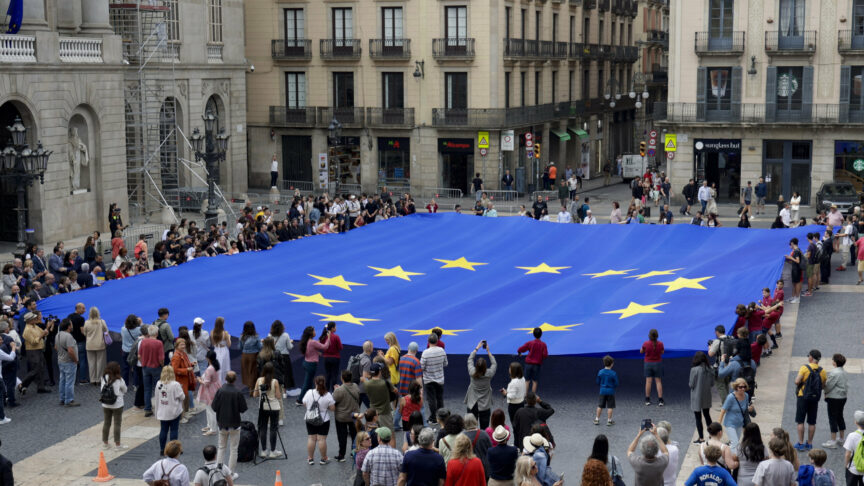
Mark Leonard welcomes the heads of ECFR’s national offices to discuss key players outside the traditional halls of European power

This webinar will provide a snapshot analysis of election results and their implications for Europe’s foreign policy and security agenda. Featuring perspectives from selected ECFR…

Multilateralism is in crisis. Europeans find it increasingly difficult to shape their environment and make themselves heard on the global stage. Their relative weight is…
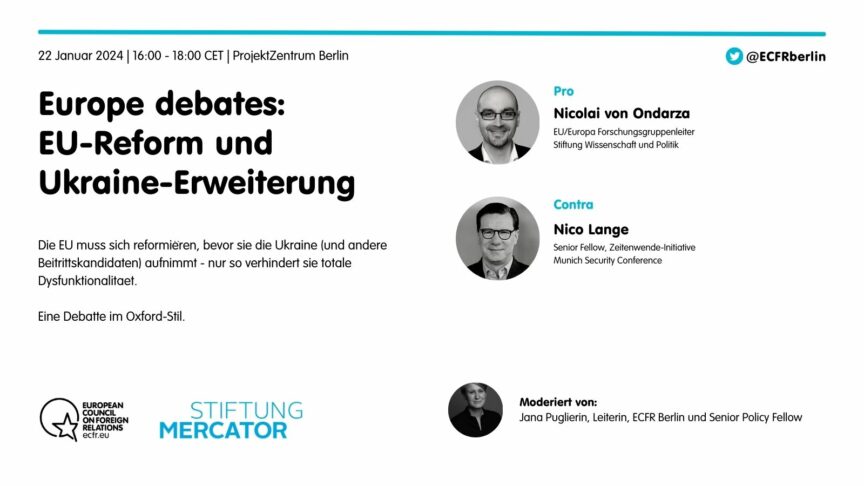
Die EU muss sich reformieren, bevor sie die Ukraine (und andere Beitrittskandidaten) aufnimmt – nur so verhindert sie totale Dysfunktionalität
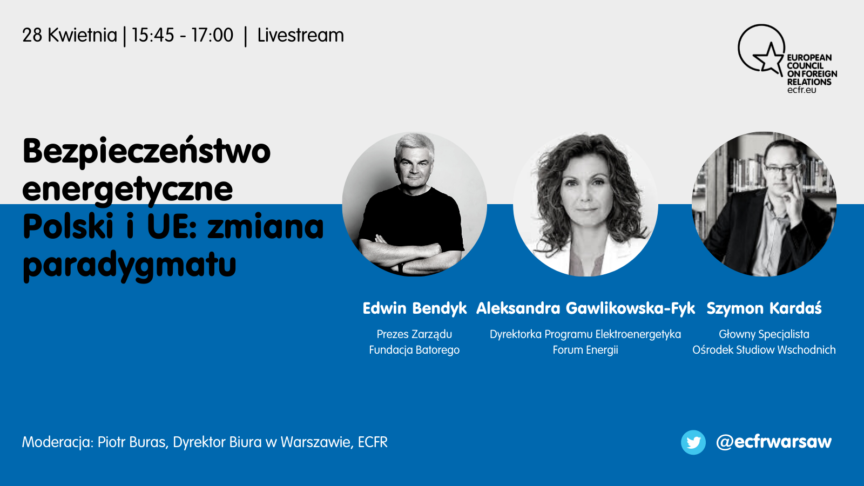
Agresja Rosji na Ukrainę zburzyła podstawy gospodarczych i strategicznych stosunków Unii Europejskiej z Rosją, które do tej pory w dużej mierze opierały się na handlu…
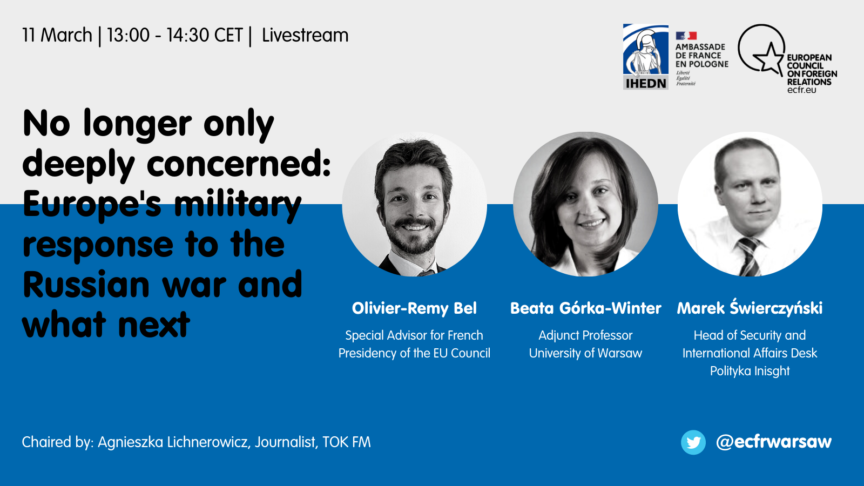
Ahead of the EU summit, French and Polish experts will discuss the European security situation as the war in Ukraine unfolds. They will analyse the current developments, EU’s role in the conflict and challenges for the EU security and defence in the upcoming months
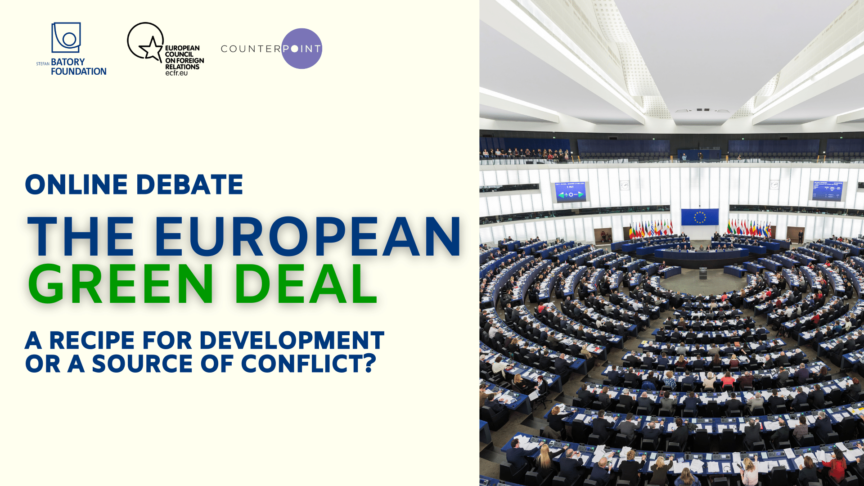
The green transition is vital to Europe’s future. Rebuilding economies to achieve climate neutrality is essential not only to avoid a catastrophe but also to…
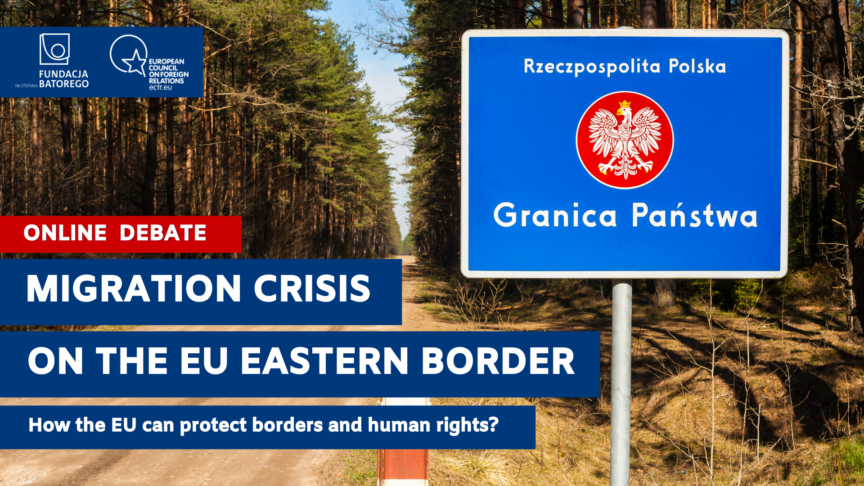
Since summer 2021, Poland and Lithuania have been confronted with an unprecedented action by the Lukashenko regime, which aims to exert political pressure on both…
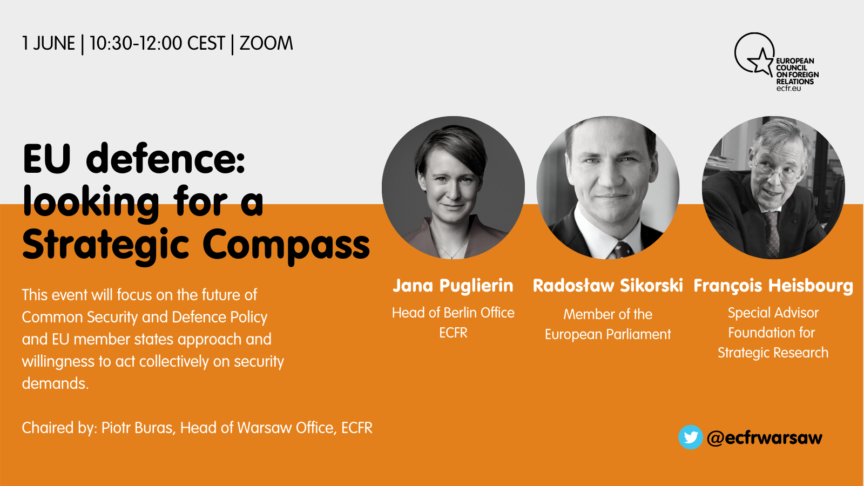
How do Europeans see the future of EU crisis management? What are the EU military capabilities? How does the EU’s defence initiatives complement those of NATO?
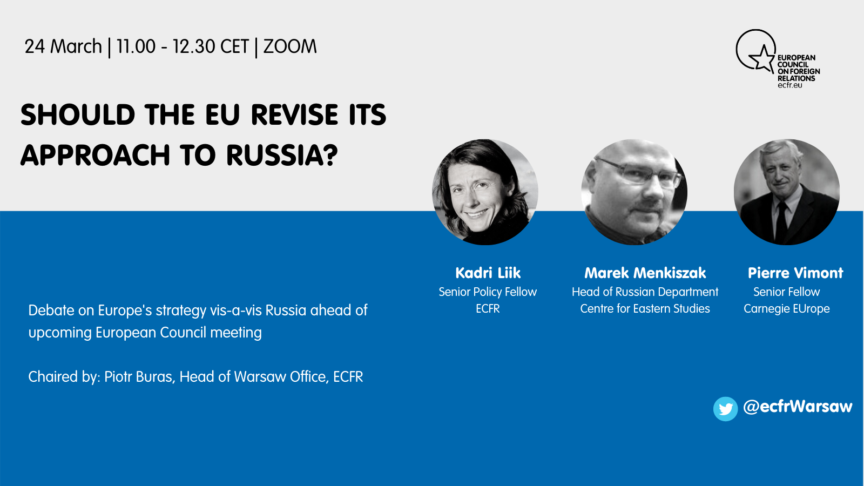
In February High Representative Josep Borrell visited Moscow to discuss key issues of concern and test the waters for building a more „constructive dialogue” between…

The EU’s lack of strategic sovereignty in the MENA region need not be permanent